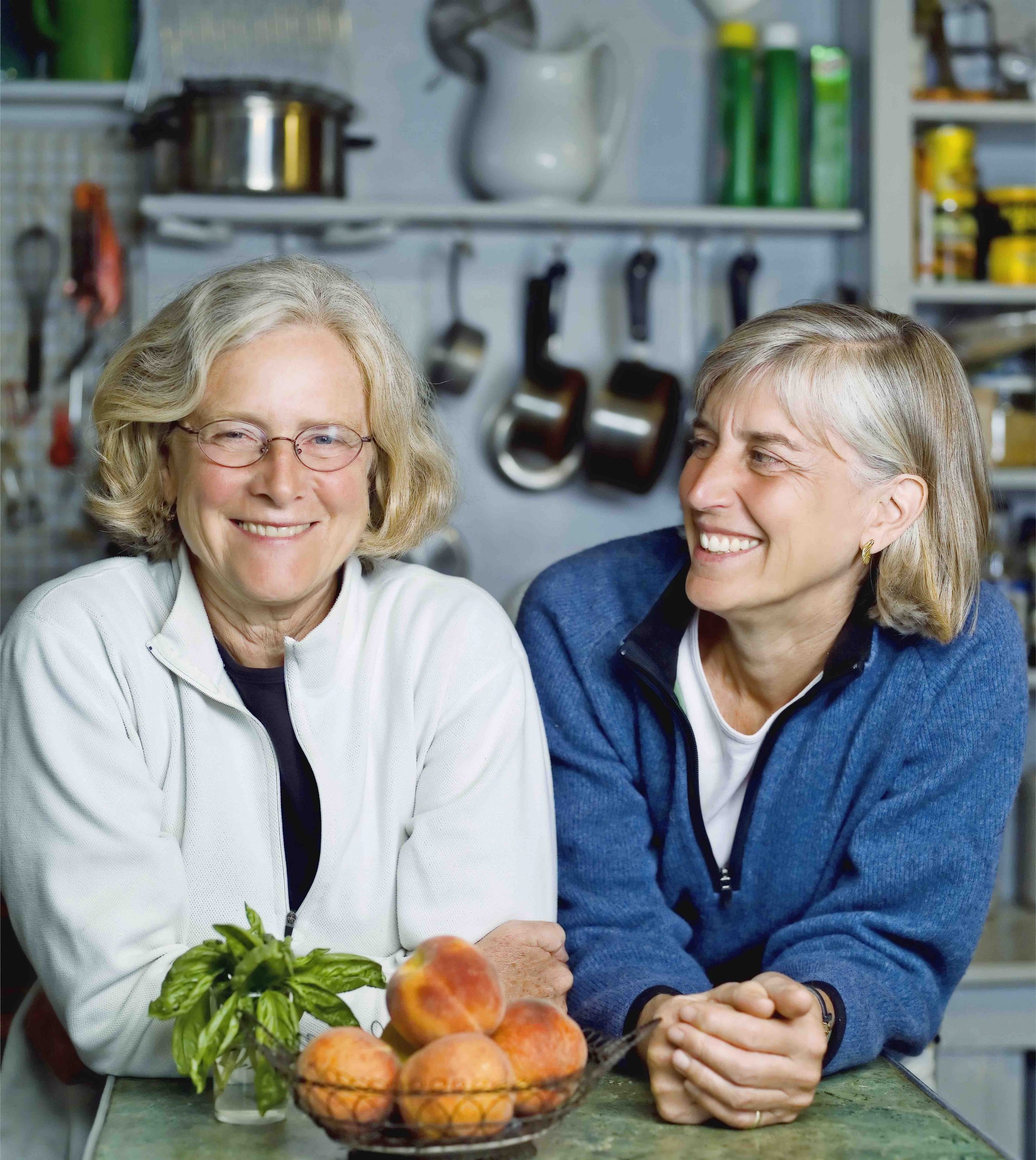You may have hit a rocky patch in your relationship or one person has engaged in infidelity or other value conflicting behaviours. You may also be wondering can counselling save a relationship?
Essentially the answer is yes! Which is good news for a lot of couples out there.
However, the couple needs to invest time and practice into changing behaviours and implementing the tools suggested by the counsellor in order for the counselling process to truly work and have a positive effect on your relationship.

In my counselling practice, it is common for me to give strategies and communication scripts to couples to use outside of our counselling sessions. But they actually need to use these and practice these to get real results.
What’s more, is that it’s important to establish really solid foundations whilst enacting belief and trust in the process.
‘AIFS research found that counselling worked for couples who had a good relationship with their therapist, believed in the value of therapy and its likelihood of success and were committed to making their relationship work.’
It’s been really rewarding to work with couples and see an almost alchemical change in their relationship with each other and with themselves. And there have been many heartwarming moments for couples that have initially felt it has been all over but, through the counselling process and implementing the tools they learn, the love and passion between them reignites.

Counselling can save a relationship by teaching couples how to:
- regroup and repair after an infidelity
- blend families with a new partner after divorce
- help support one another when mental illness is present
- view the relationship as new and evolving (even after being together for many years)
- as well as many other instances.
Interestingly, infidelity is not a huge factor in why a lot of couples break up and counselling can save a relationship or at least help. It might be more pressing issues, such as finances, that is likely to cause a bigger rift. But whatever the issue, it can often be worked around.
‘However those who find themselves dealing with a cheating partner can take heart from Relationships Australia’s Relationships Indicator 2011 report. It cites infidelity as the reason behind only 11 per cent of couples going their separate ways, implying that cheating is easier to overcome than financial difficulties, which, at 26 per cent, is the leading cause of break-ups. [Experts agree] with the findings: “History is littered with betrayals, but only a very small percentage of couples don’t survive adultery. Life goes on.”
Often, I will also see each partner individually to help them break through their own personal issues that may be affecting their relational skills. Naturally, this certainly helps the relationship as a whole.

It’s important to note that seeking relationship counselling does not automatically mean that the relationship is over or even in that much peril. It’s a very responsible and healthy approach to a significant portion of your life. So in short, can counselling save a relationship? The answer is: more than you think!
If you are interested in helping your relationship to grow and improve, book a couples counselling appointment today.


